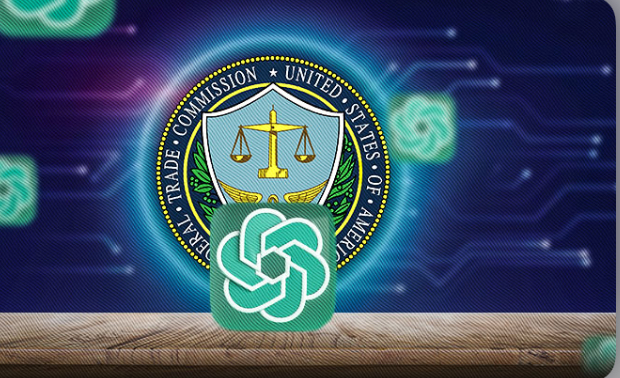CAIDP requests that the FTC investigate OpenAI’s and similar companies’ AI products.
Tesla CEO Elon Musk also voiced his opinion about the hazards of AI developments.
In an effort to prevent potentially dangerous consumer access to advanced AI systems, the Center for Artificial Intelligence and Digital Policy (CAIDP) has filed a complaint with the United States Federal Trade Commission (FTC).
The CAIDP filed a lawsuit on March 30 alleging that OpenAI’s newly published big language model, GPT-4, is “biased, deceptive, and a risk to privacy and public safety.” CAIDP, a non-profit research group, claimed that the commercial distribution of GPT-4 constitutes an “unfair or deceptive acts or practises in or affecting commerce” in violation of Section 5 of the FTC Act.
The group stated:
“We found that the model has the potential to reinforce and reproduce specific biases and worldviews, including harmful stereotypical and demeaning associations for certain marginalized groups.”
It further added:
“AI systems will have even greater potential to reinforce entire ideologies, worldviews, truths and untruths, and to cement them or lock them in, foreclosing future contestation, reflection, and improvement.”
Distributed to Public Without Examination
CAIDP also noted that OpenAI distributed GPT-4 to the public for commercial use despite knowing these concerns and without first undergoing an independent examination of GPT-4. Thus, the CAIDP requests that the FTC investigate OpenAI’s and similar companies’ AI products.
ChatGPT-3 was out in November, but the newest version, GPT-4, is said to be 10 times smarter. Research published on March 14 indicated that GPT-4 passed the most difficult high school and law school examinations in the United States. Recently Tesla CEO Elon Musk also voiced his opinion about the hazards of AI.

